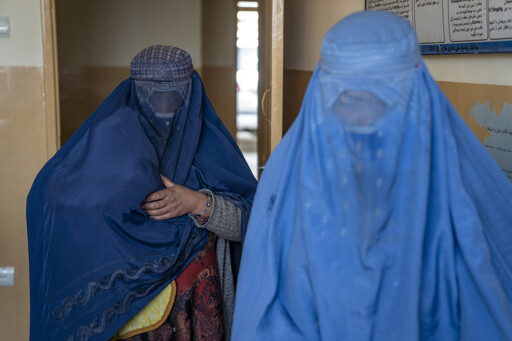- cross-posted to:
- world@lemmy.world
- cross-posted to:
- world@lemmy.world
cross-posted from: https://lemmy.world/post/23718803
Summary
The Taliban have banned windows in homes that allow views of areas where Afghan women might be seen, citing concerns over “obscene acts.”
This new decree mandates blocking or obstructing such windows in existing and new buildings, continuing the group’s systemic repression of women since regaining control of Afghanistan in August 2021.
The Taliban’s policies have included bans on women’s education, public appearances, and voices.
Critics, including the U.N., warn these actions dangerously erode human rights, while activists call out global inaction over the ongoing oppression.



Lemme answer as an Egyptian Muslim:
That depends on what you mean by “social influence”, but “imam” only really means “someone who leads the prayer” so it’s not really a big deal in and of its own. Hell, in many/most mosques the imam can’t come for all prayers so you’ll have random community members leading the prayer the other times. The concept of the imam of a mosque is really more one of convenience than anything else.
That said, the “official” (as in appointed by the government or whoever runs the mosque) imam of a masjid is also often/most of the time an Islamic scholar, which culturally and religiously is a career that commands a certain around of respect. He also usually lead any charity work they have in the mosque (in mine they make food for poor community members daily during Ramadan and weekly otherwise). That’s it. The whole thing is rather mild; they range from just community to respectable community members, and they don’t get to demand obedience or have any sort of decisive power. Also on an institutional level, I can for example tell you that the modern Azhar is full of shit and reject their rulings if I think that another ruling makes more sense, which happens a lot, without needing to create a whole new sect stares at Protestantism.
BTW just to make that clear, an Islamic scholar is anyone who studied Islam and reached a certain degree of proficiency; it’s something anyone can become and not gatekept by an institution. I could become an Islamic scholar if I wanted to right now (and had the brainpower to remember all the stuff they’re supposed to remember) without having to go to the Azhar or any other institution.